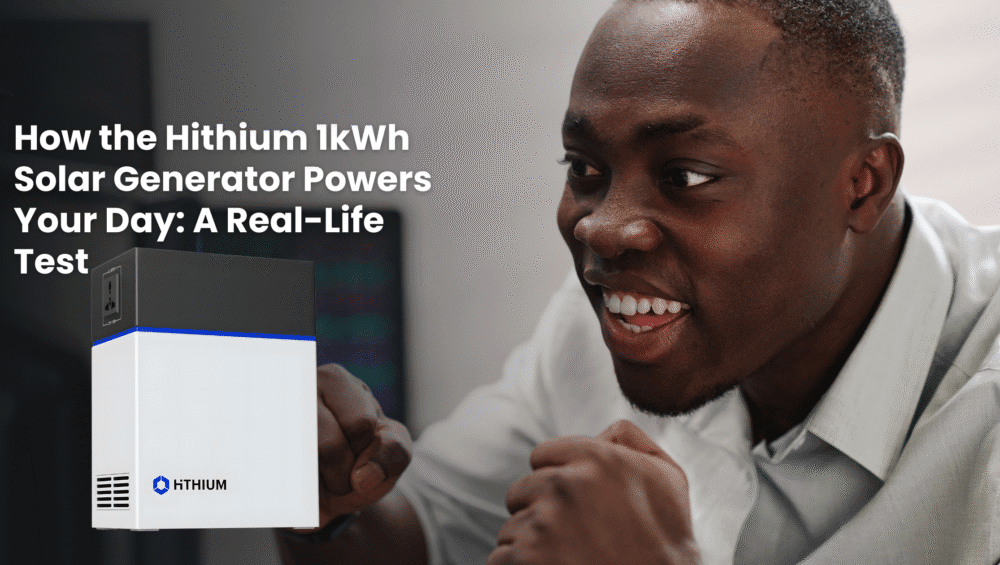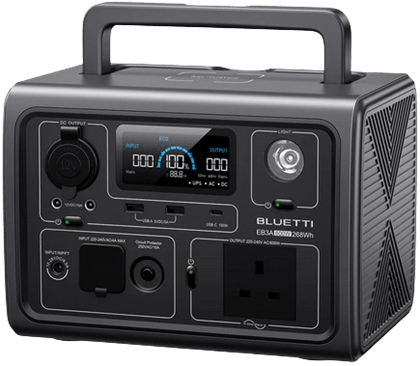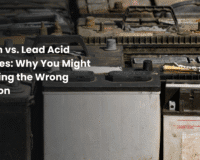You’ve probably read the headlines:
“Nigeria plans to ban solar panel imports to spur local manufacturing,”
“We must build local capacity to hit our 30% solar energy target by 2030.”
Sounds inspiring, until you dive into the real-world logistics.
The common narrative is simple:
- Ban imports
- Build factories
- Create jobs
- Lower installation costs
- Boost solar adoption
And while that reads great on paper, here’s the harsh reality:
1. Assembly Isn’t Enough, and Everyone Knows It
Nigeria might have assembly plants, but the country lacks upstream capability, like wafer and cell production.
That means we rely on modules imported from China anyway. Building only the final assembly stage won’t drop prices or improve quality much.
2. We Still Can’t Compete on Cost
Made-in-Nigeria panels cost about 4% less than Chinese imports, but that barely covers overheads.
Add in high tariffs on components, logistics delays, shaky power supply, and the savings vanish.
3. The Hidden Mojo of Decentralization
Here’s a shocker:
Importing small, trusted components and building modular off-grid systems (like home kits and mini-grids) may deliver more real-world value right now.
- Faster deployment, no waiting for factories
- High-quality global parts
- Projects go live in weeks, not years
- Community-tailored solutions, not one-size-fits-all
Nigeria’s unreliable grid needs local solar today, not tomorrow.
4. Imported, But Also Community-Built
Smart local players are already doing this:
- Mixing quality imported panels with local labor for installation
- Pairing with existing inverter and battery suppliers
- Building micro-solar projects with community input
This balances global quality with local customization, and gets solutions into homes now.
5. Policy Should Support That, Not Just Factories
Instead of import bans, here’s what actually moves the dial:
- Zero-import tariffs on solar modules and key components
- Incentives for local assembly + installation
- Microfinance + pay-as-you-go for households
- Strong quality standards (no junk panels flooding the market)
- Investment in traffic-ready power and logistics infrastructure
Let’s Be Realistic, and Bold…
We should build solar manufacturing, but not at the expense of real adoption.
Ban imports? Delay projects? Depend on unproven factories?
That’s a recipe for setbacks, not progress.
But by building modular systems with quality imports and local customization, Nigeria can:
- Deliver solar to millions now
- Build capacity gradually
- Create local jobs in skills, maintenance, and installation
That’s smart solar. That’s practical. That’s the fastest path to lighting Nigerian homes, and building a future solar industry that actually works.












